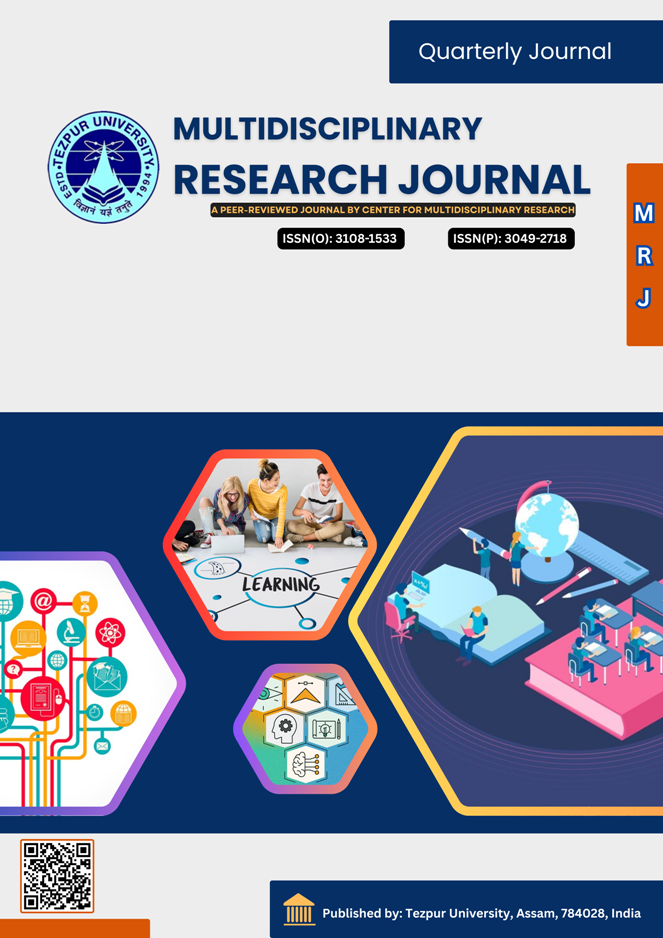| ISSN (Print): 3049-2718 ISSN (Online): 3018-1533 |
Plagiarism Policy
Plagiarism, in all its forms, is a serious ethical violation and will not be tolerated by this journal. Authors are required to submit original work that has not been published elsewhere and must properly cite all sources used in their research. The following points outline the journal's approach to handling plagiarism:
1. Definition of Plagiarism
Plagiarism is the act of presenting someone else’s work, ideas, or research as one's own. This includes, but is not limited to, copying text, figures, tables, and other content without proper attribution, or using someone else's data, research findings, or ideas without permission or acknowledgment.
2. Types of Plagiarism
- Direct Plagiarism: Copying text or data from another source without quotation marks or proper citation.
- Self-Plagiarism: Submitting the same or substantially similar content for multiple publications without acknowledgment of previous work.
- Accidental Plagiarism: Unintentionally failing to cite sources or paraphrasing too closely to the original work.
- Paraphrasing Plagiarism: Rewriting someone else's ideas or findings without proper citation, making it appear as original work.
3. Detection of Plagiarism
All submissions will undergo a plagiarism check using advanced plagiarism detection software. The journal uses sophisticated plagiarism detection tools, including Turnitin, to screen for direct and indirect plagiarism. Manuscripts will be checked for similarity and any content that is found to have a similarity score exceeding 10% (excluding properly quoted and cited material) will be flagged for further review.
4. Handling of Plagiarism Cases
If a case of plagiarism is detected, the following steps will be taken:
- The author(s) will be notified and given an opportunity to explain or correct the issue.
- If the plagiarism is found to be intentional or significant, the manuscript will be rejected, and the author(s) may be banned from submitting to the journal for a specified period.
- If the article has already been published, a retraction notice will be issued, and the article will be removed from the online platform with a clear indication that it was retracted due to plagiarism.
- The editorial board may report the incident to the author's affiliated institution or funding agency, depending on the severity of the case.
5. Consequences of Plagiarism
Plagiarism is considered a serious violation of research ethics and can have significant consequences. These may include, but are not limited to:
- Rejection of the manuscript or retraction of the published article.
- Revocation of academic or professional credentials (where applicable).
- Loss of credibility and professional reputation.
- Legal actions, including lawsuits for copyright infringement, when applicable.
6. Prevention of Plagiarism
The journal encourages authors to adhere to the following best practices to prevent plagiarism:
- Ensure all sources are appropriately cited, including all data, text, and ideas that are not original.
- Use quotation marks and proper references when directly quoting other works.
- Paraphrase carefully, ensuring that the original meaning is retained while rewording in your own style.
- Maintain accurate records of all sources consulted during the research process.
7. Commitment to Ethical Publishing
This journal is committed to maintaining the highest standards of academic integrity. We take all necessary measures to ensure that plagiarism is not present in any of the work we publish. By submitting to this journal, authors agree to comply with the journal's policies and ethical guidelines regarding plagiarism.




